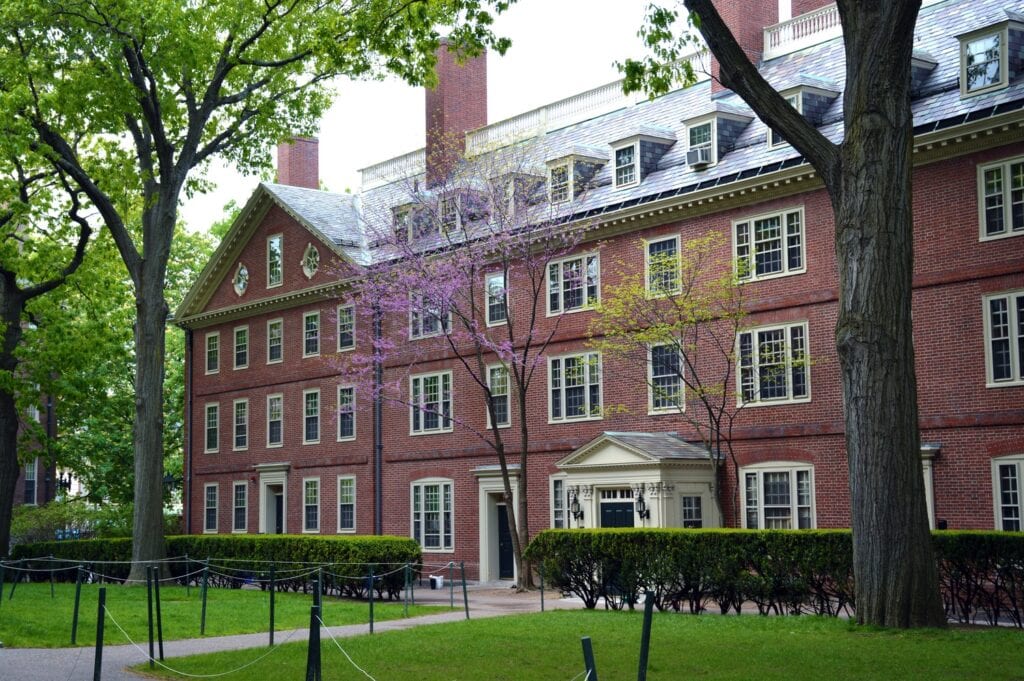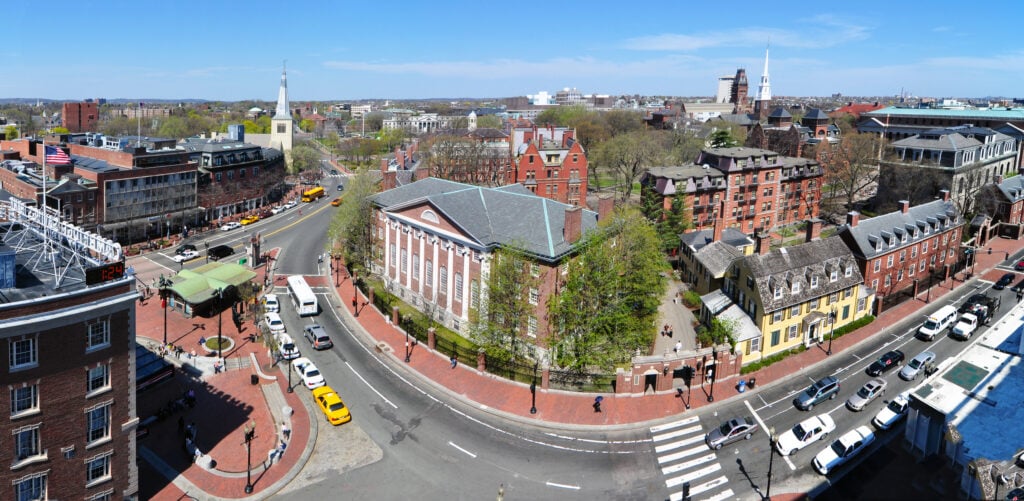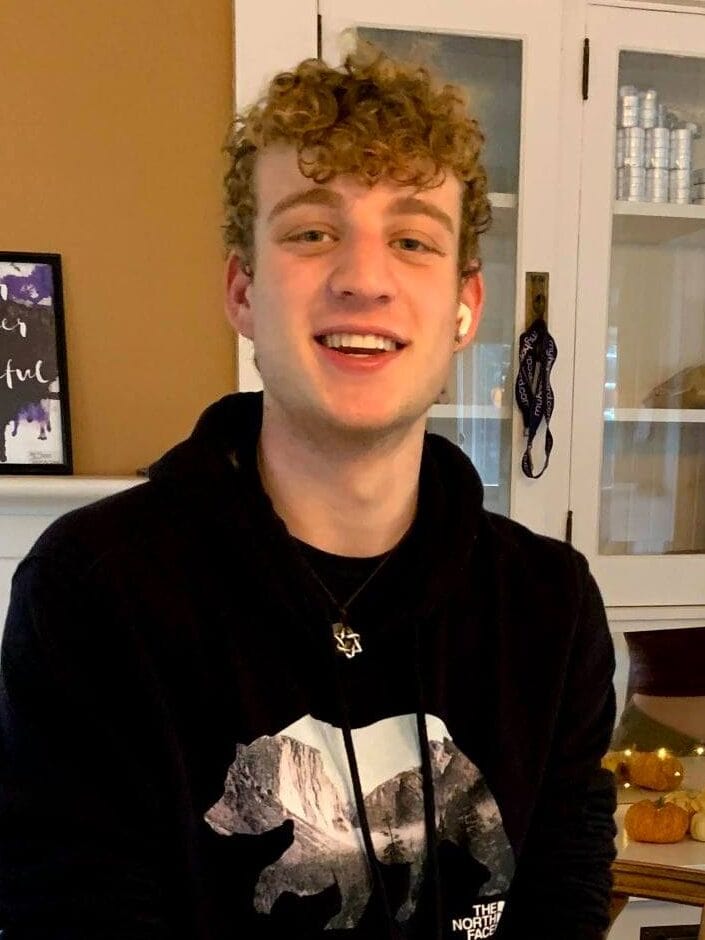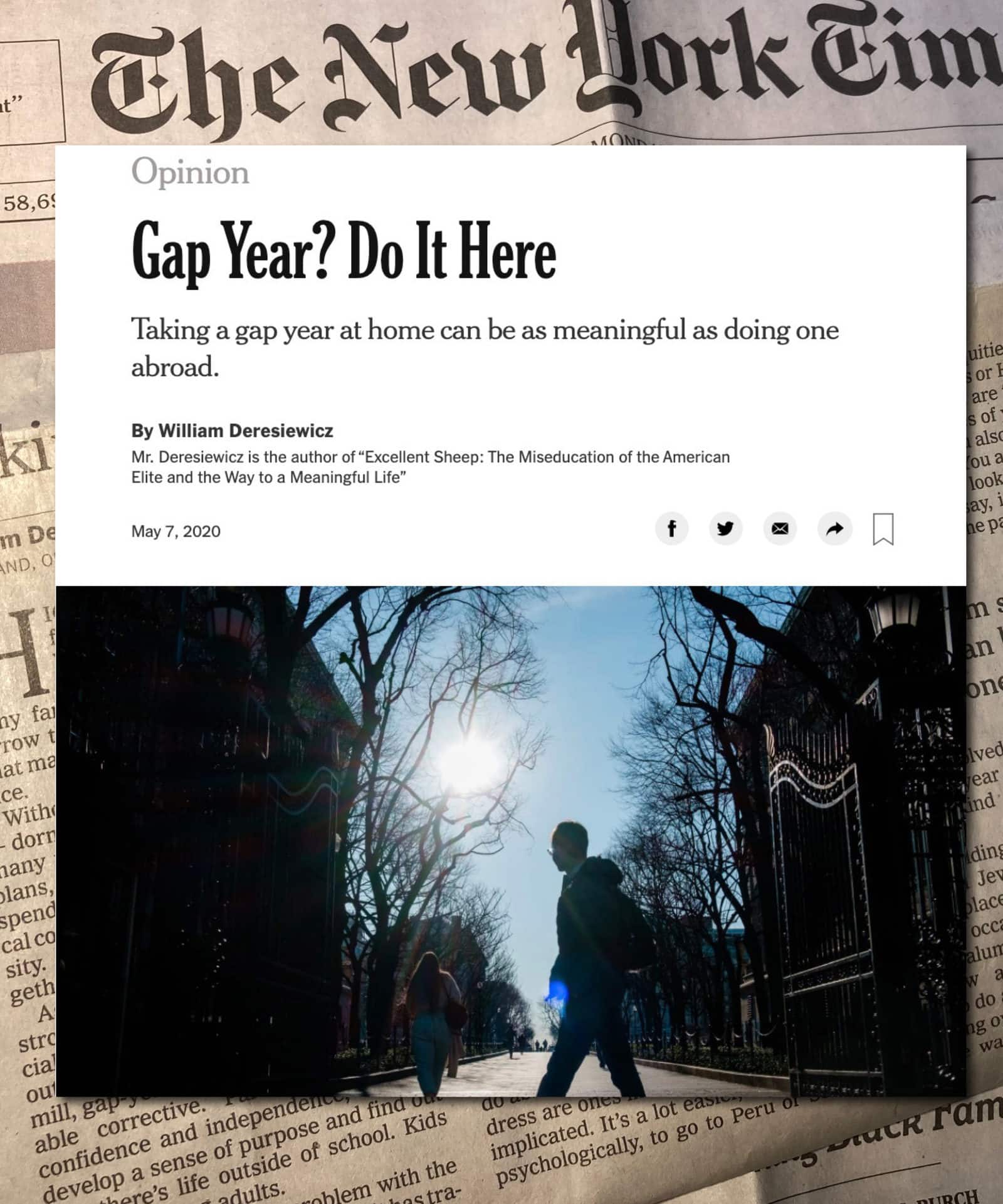This guest blog post was written by Matthew N., an alumnus of Tivnu’s 7th cohort, as an Op Ed for the Harvard Crimson. When he was at Tivnu, Matthew interned at UniteOregon and Tivnu construction. He is currently a second-year student at Harvard University, where he is a Social Studies concentrator and Editorial editor for the Crimson.
Last year, I lived in Straus Hall, a wonderful freshman dorm and a prime location for late sleepers and late-night snackers. However, while Straus A-11’s location on Massachusetts Avenue offered a rare proximity to classrooms and El Jefe’s (I often reminisce on the immediacy of such locations as I schlep from the Quad), living so close to the square also offered a different proximity — a less comfortable proximity.

On any given night in Straus, as I shut my lights off and tucked myself into a warm bed, concerned with readings and essays, someone else may have been staving off the elements and searching for rest just twenty feet away, concerned with survival. Now, I pass by the same people daily as I make my way down Mass. Ave. from the Quad. We exist so close together, yet it feels like we operate in different universes.
Harvard Square can be numbing. Headphones in, head down, hurrying to get to lecture, one can look past the crisis that manifests less than a hundred feet outside our glorified dormitories. Tunnel vision of classes and extracurriculars blind us to the experiences — perhaps the very existence — of people living on the streets.
The man shaking a cup outside the Coop, the young woman who carries her bags with her in the Yard each day, or the Spare Change News vendor who greets everyone with a smile don’t fit the typical mold for Harvard interactions. They don’t offer job prospects, social opportunities, or LinkedIn connections. Stopping to say hello, buying someone a meal, or even looking up and smiling is a renunciation of the time-optimized lifestyle we feel so constantly obligated to follow. Where in my Google Calendar is space dedicated to sitting and talking with an unhoused person?
Separated from us by only a brick wall, a black fence, and a bulwark of elite education, the folks who sleep on Mass. Ave. benches are just as much my neighbors as my friends down the hall. They are just as much members of the community as temporary Institute of Politics Fellows and traveling dignitaries, as present in students’ day-to-day lives as their proctors and their professors, and as deserving of basic kindness, dignity, and respect as each student who receives a coveted acceptance letter in the mail.
The presence of people experiencing houselessness at Harvard is undeniable, and the suffering in our streets is palpable, especially in the midst of a cold and unforgiving Cambridge winter. The unhoused folks in Harvard Square are our neighbors, and neighbors need to care for each other.
This isn’t a piece on Harvard’s devastating impacts on the housing market. It isn’t a call to build more public housing, nor a reflection on the causes of rising housing insecurity across our nation. I have no policy to offer that could immediately fix our problems or house our neighbors. Regretfully, many of those decisions are out of my control.
I can control how I walk through the Square, though. I can choose to divert my gaze. To walk past and hustle to another class where we discuss Marx and Weber and theories that purport to help me “change the world.” I can ignore the realities of that world right in front of my eyes. It would be easier. It would probably take less emotional effort.

But I refuse.
I, and all of us, can do better. We can stop and say hello. We can look people in the eye with the same dignity and respect we afford our friends and professors. We can learn a name, maybe four. We can tell someone ours. Shake a hand, buy someone lunch, make a friend. Listen. We can see our unhoused neighbors as fellow human beings. It is literally the least we can do.
To acknowledge the folks sharing our streets is to confront our comfortable existence at this powerful institution and reckon with our inherent responsibility in fostering its community, both inside and outside the gates of the Yard. It isn’t easy. For many, popping the bubble and saying hello may require more care than a problem set, more emotional effort than a research paper. But its impact is worth it.
“How are you doing today, young man?” the Spare Change vendor asks with a smile, gray beard creeping up his cheeks like the cold in early October.
“I’m doing fine today. How are you?” I already know his answer. I’ve heard it many times before.
He shakes his head at the ground, but his smile doesn’t waver: “I’m trying.” There’s a slight uptick in his voice.
Me too. I wish I had the answers. Let’s all try harder.

Follow Us
Sign Up For Updates
Taking a gap year in the US can be as meaningful as doing one abroad.
 Featured in The New York Times
Featured in The New York Times